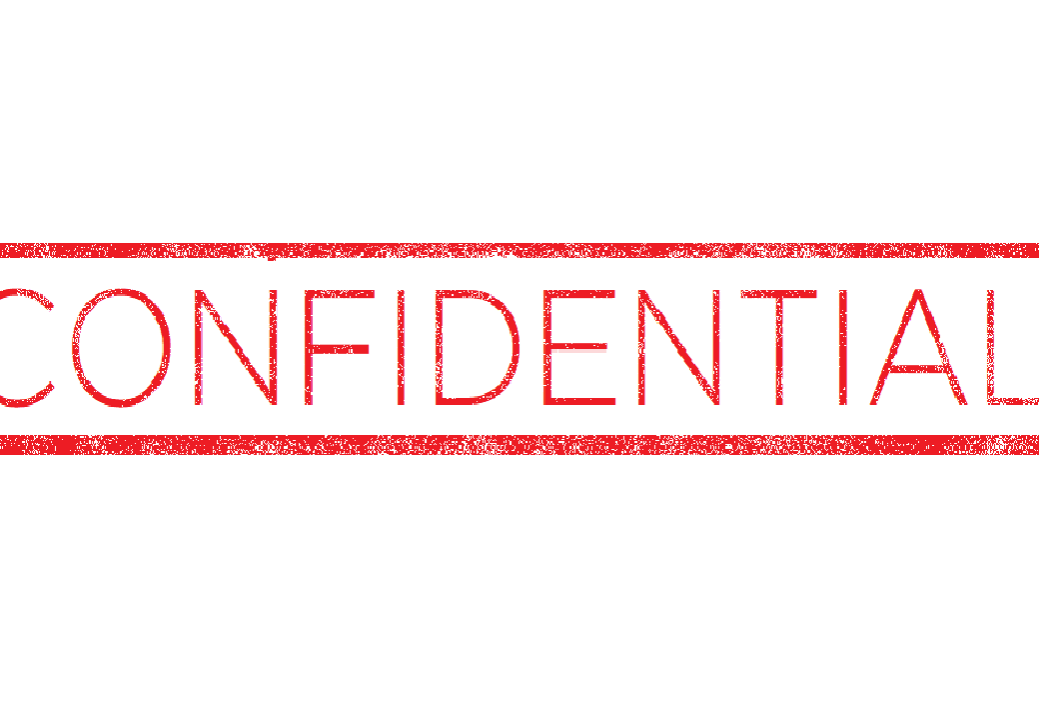Common Pitfalls in Nondisclosure Agreements?
The nondisclosure agreement (NDA) is a common contract used to enable collaboration and sharing of confidential information between companies or other entities. However, with increased collaboration and the speed at which business moves these days, NDAs are often not given the deference they deserve.
For example, it seems many fail to appreciate that it is in the initial stages of commercialisation that trade secrets are most vulnerable to being appropriated.
Often, this might be in the early stages of the idea when the innovator is confirming the viability or potential investors or suppliers of the new business. However, protection of discussions and information via NDAs is a tool to utilise throughout a business’ life cycle.
Eternal NDAs
One issue that we often see is NDAs with no end date. This means that the obligations of confidence can last forever – and forever is an awfully long time to manage an NDA. For example, when a first party receives trade secret information of a second party, the duty of the first party to manage and protect the received information can last forever. While perpetual obligations may be appropriate in some instances, they also decrease the chance of enforcement and even entering the NDA in the first place. Advice and discussion on a suitable timeframe and how to define what confidential information is shared and/or received are preferred to ‘eternal’ or poorly considered terms.
Contamination in NDAs
Another concept with which many businesses seem to struggle when entering an NDA is contamination. One way in which contamination may occur is when company A signs an NDA with company B for receiving information for a specific purpose as defined by the NDA.
For example, the NDA may state the purpose (or company A’s reason for wanting to receive company B’s information) is only for determining whether company B’s new sugar substitute can be formulated with company A’s beverage. Along with testing company B’s new substitute sugar, company A may also have an internal team of scientist developing a sugar substitute for the beverage and/or other company products.
During testing, company A may learn company B’s substitute sugar is not compatible with their beverage. However, company A may learn something from company B’s confidential information shared under the NDA that enables company A to improve their own substitute sugar.
Moreover, if one or more of company A’s scientists working on company A’s sugar substitute is asked to review company B’s confidential information, that scientist (and company A) is contaminated, as using company B’s information to improve company A’s substitute sugar would breach the NDA.
NDA’s often have exceptions to confidential information received under an NDA including technology or information that is internally and independently developed. In other words, if company A had previously developed or discovered the information learned from company B under the NDA, such previously developed information would be excepted from being considered company B’s confidential information under the contract. However, how do you prove independent development? Also, how does company A prove company B’s information was not used in developing their own substitute sugar? How do you prove a negative?
Internal practices should be put in place prior to executing NDAs such as isolating employees that receive confidential information from employees that may work on similar projects. Other processes, such as proper documentation of company information prior to executing an NDA. In other words, NDA’s can create complex legal issues, and thought and care should be given to developing best practices for executing and managing NDAs.
In addition, NDA’s commonly have exceptions and carveouts for backups and disclosures that are required by law or obligations that result in an unreasonable restraint of trade on an individual. These matters cannot be ignored as they may otherwise result in a completely unenforceable NDA.
We adopt a number of situation-specific approaches for NDAs, including simple but effective 2-page documents that may easily be adopted to reduce signing anxiety, to complex documents utilised to protect disclosures made during complex transaction negotiations, for ASX listed or overseas entities. Each have their own approach with a solution that may be executed to fit the commercial situation.
For advice or information about managing nondisclosure and other IP and business-related agreements, contact Special Counsel, Brett Nelson, at [email protected] or phone 3439 8880.
Contact Us
Need more information or want to book in a time to talk with one of our experts? Just fill in the form below and we'll get back to you.
Further Resources

NDAs and Contamination
Latest Videos
Businesses that we have helped
Here's a small selection of businesses we've helped achieve great outcomes.









As Featured In:












